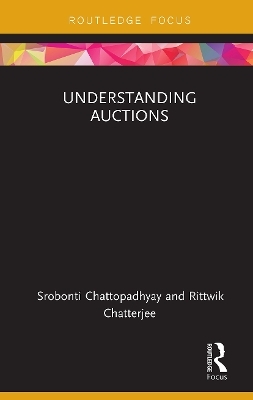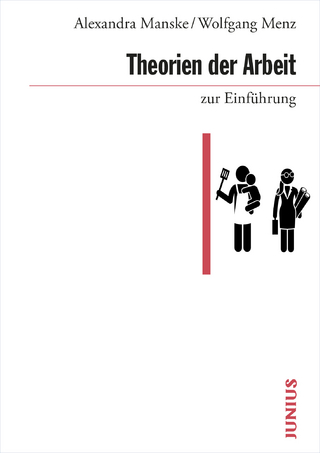
Understanding Auctions
Seiten
2024
Routledge (Verlag)
978-1-032-93119-7 (ISBN)
Routledge (Verlag)
978-1-032-93119-7 (ISBN)
The book elaborates the basic principles of Auction Theory. Auctions have gained popularity over other allocation mechanisms since the rules of auctions are precise, involve less subjective judgments and lead to a more efficient process of discovering the true willingness to pay of the buyers.
The book elaborates the basic principles of Auction Theory in a non-technical language so as to make them easily accessible to even those not trained in the discipline. Auctions as allocation mechanisms have been in use across the world since antiquity and are still employed in different countries for purchase and sales of a wide range of objects, both by governments and by private agents. Auction has gained popularity over other allocation mechanisms since the rules of auctions are very precise, involve much less subjective judgements compared to other alternative allocation mechanisms and lead to a more efficient process of discovering the true willingness of the buyers to pay. Moreover, the principles of Auction Theory are used in other contexts, for example in designing contests, or in controlling emission levels through allocation of permits and licenses.
The book elaborates the basic principles of Auction Theory in a non-technical language so as to make them easily accessible to even those not trained in the discipline. Auctions as allocation mechanisms have been in use across the world since antiquity and are still employed in different countries for purchase and sales of a wide range of objects, both by governments and by private agents. Auction has gained popularity over other allocation mechanisms since the rules of auctions are very precise, involve much less subjective judgements compared to other alternative allocation mechanisms and lead to a more efficient process of discovering the true willingness of the buyers to pay. Moreover, the principles of Auction Theory are used in other contexts, for example in designing contests, or in controlling emission levels through allocation of permits and licenses.
Srobonti Chattopadhyay is Assistant Professor in the Department of Economics at Vidyasagar College for Women, Kolkata, India. Rittwik Chatterjee is Assistant Professor in the Department of Economics at the Centre for Studies in Social Sciences Calcutta, Kolkata, India.
1. What are uctions and what is Auction Theory? 2. Why study Auction Theory? 3. The economics behind auctions 4. Some standard results in Auction Theory 5. Auctions: some real-life experiences 6. Auctions in India 7. Other applications of Auction Theory
| Erscheinungsdatum | 16.10.2024 |
|---|---|
| Reihe/Serie | Routledge Focus on Management and Society |
| Verlagsort | London |
| Sprache | englisch |
| Maße | 138 x 216 mm |
| Gewicht | 199 g |
| Themenwelt | Sozialwissenschaften ► Soziologie ► Mikrosoziologie |
| ISBN-10 | 1-032-93119-1 / 1032931191 |
| ISBN-13 | 978-1-032-93119-7 / 9781032931197 |
| Zustand | Neuware |
| Haben Sie eine Frage zum Produkt? |
Mehr entdecken
aus dem Bereich
aus dem Bereich


